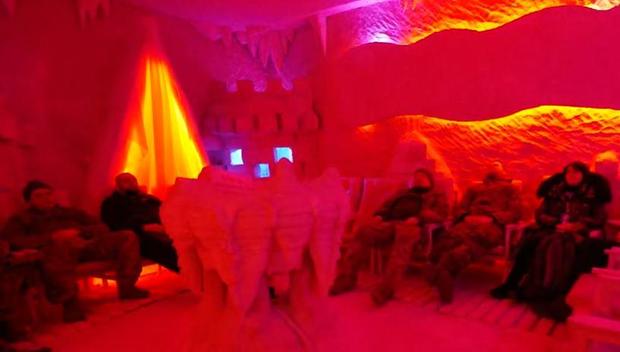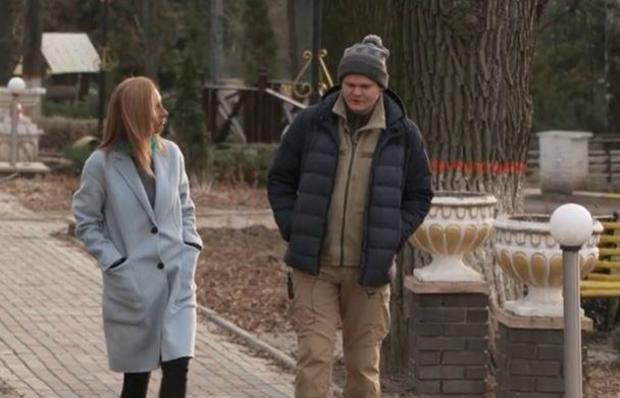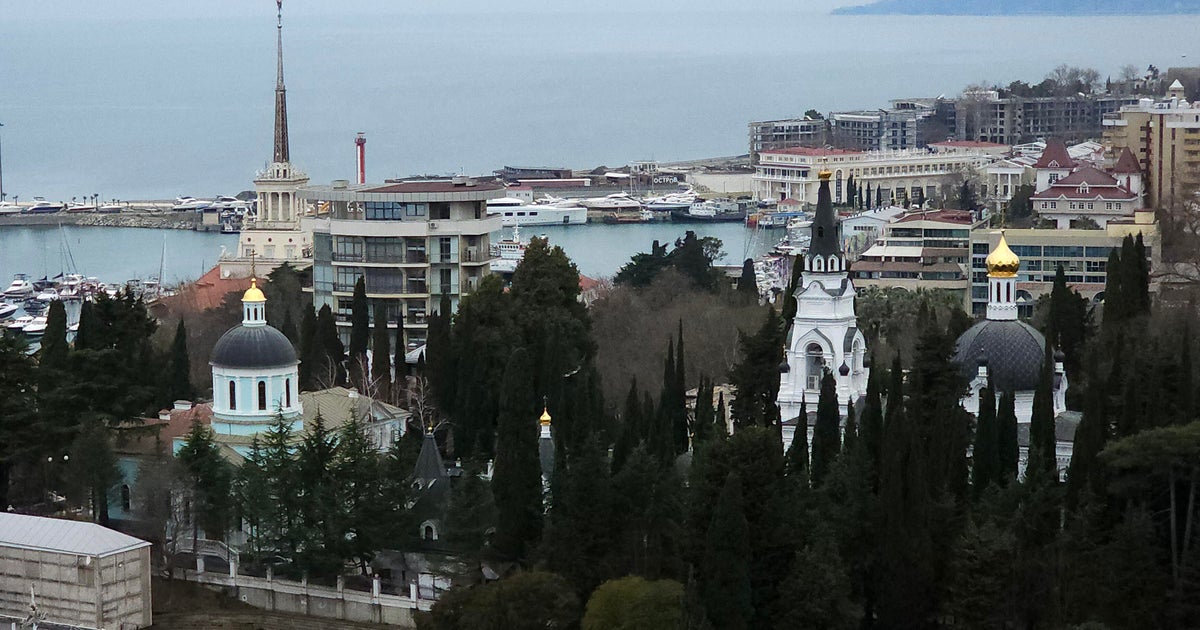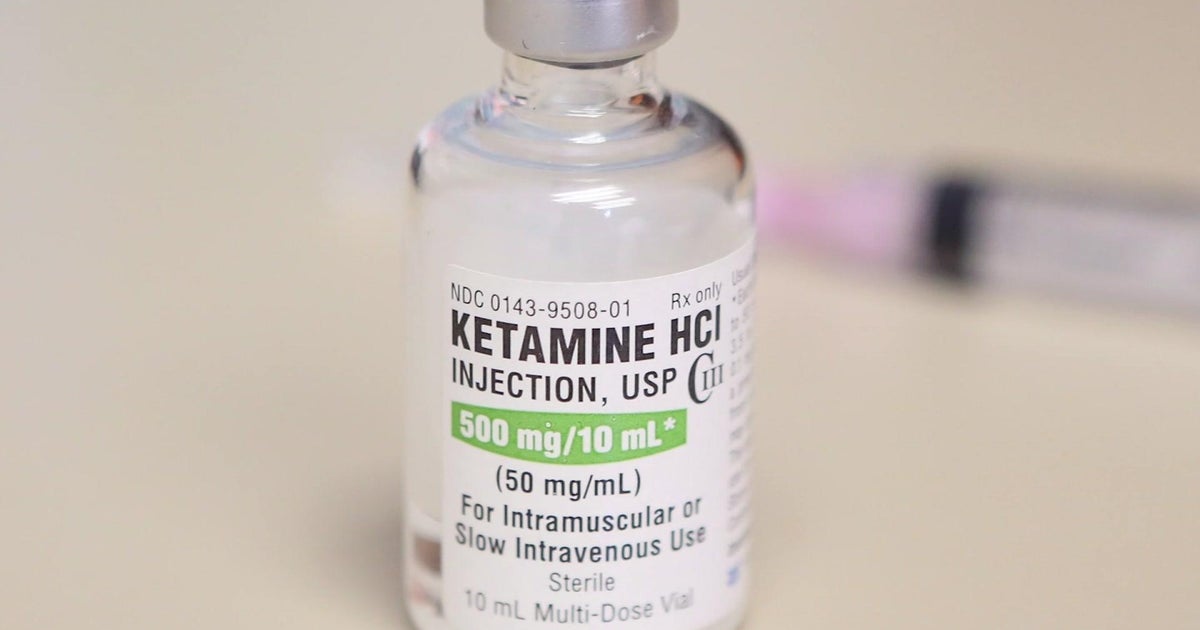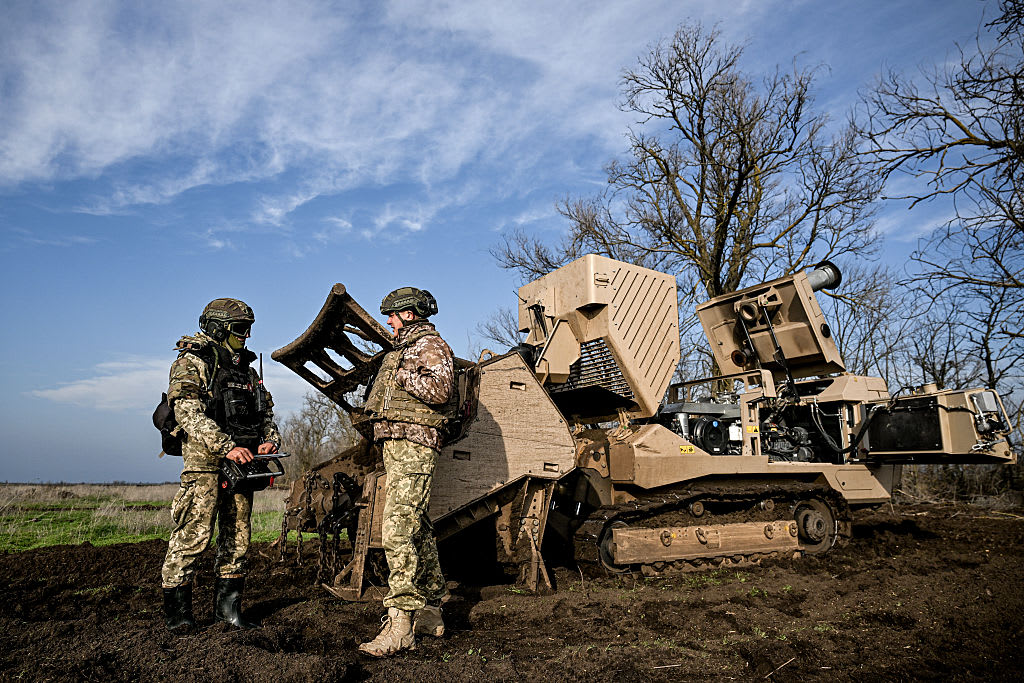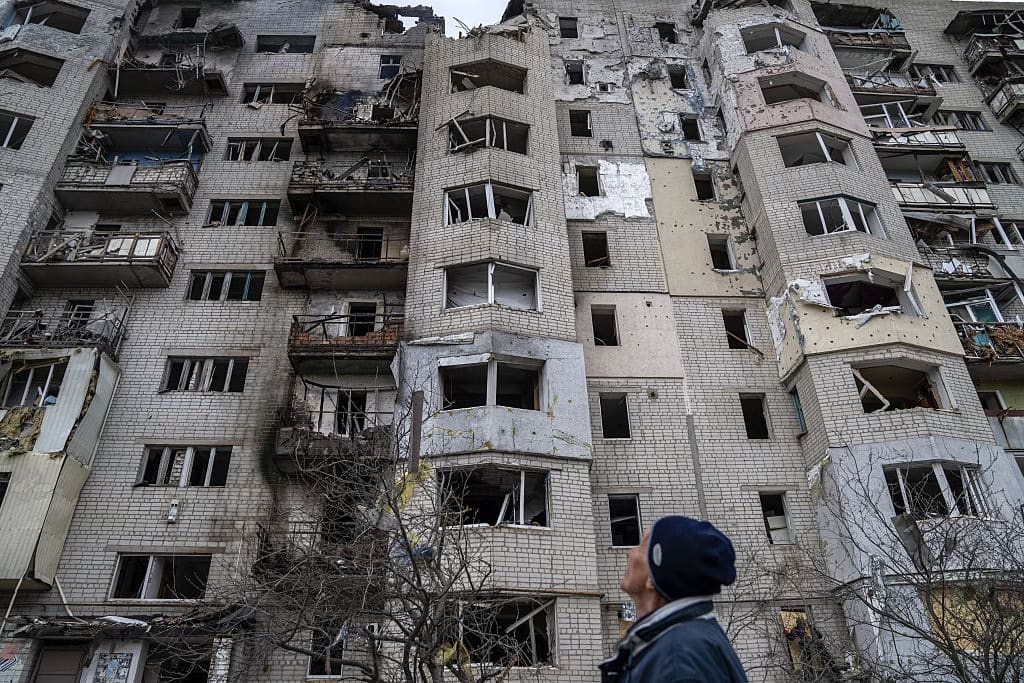Ukraine's troops get help for PTSD, but then head straight back to brutal trench warfare on front lines
Kharkiv, Ukraine — A year of intense fighting in Ukraine — often hand-to-hand in muddy trenches, has taken a brutal psychological toll on a military built largely of volunteers. Many Ukrainian soldiers have found help at treatment centers that identify and respond to symptoms of post-traumatic stress disorder (PTSD).
CBS News visited one of the centers, near the front lines in the city of Kharkiv, and found soothing music playing in a room bathed in shifting pastel shades and scented with pleasant aromas like citrus and lavender.
Soldiers come to such places straight from the battlefield, with the horrors of the war still fresh in their minds. While it looks a little like a spa, the center is in fact providing desperately needed psychological first aid to traumatized fighters — and crucially, the therapy is provided during war, instead of after it.
The center is run by the Invincibility Foundation project, started by Ukrainian Lt. Col. Oleksandr Vasylkovsky, a trained psychologist who fought against Russian-backed separatists in 2014, after Moscow seized Crimea.
He knows the dangers first-hand, having suffered from acute PTSD during that stage of his country's conflict with Russia — but at that time, there were no programs set up to help him. He told CBS News it was only with the help of his wife and family that he was restored to full mental health.
"This is aimed at minimizing psychological losses, because according to the old canons of war, an army only provides psychological help after the fighting is over," he explained, stressing that such help was clearly desperately needed long before that.
"A person's psychology is very fragile, and you can lose a person in a second," he said, adding that once that happens "that person loses himself, firstly, and secondly becomes dangerous for the society."
Along with a salt room for meditation, the center in Kharkiv also offers yoga, water sports, counselling and sleep therapy, all aimed at healing battered bodies and bruised hearts.
"I am rather tired, to kill another people (sic)," Andriy, one of the soldiers at the center, told CBS News during a week's break from defending the besieged eastern town of Bakhmut.
A former businessman, the father of two has faced waves of Russian mercenaries from the Wagner group, who Ukrainian commanders say were hurled at the front line near Bakhmut like cannon fodder for weeks.
'We can kill 10, 20, 50 of them," he said. But they just kept coming.
The Ukrainian conflict has largely been an artillery war, but increasingly in the east, it's being fought in extremely close quarters, and that makes it more personal.
"Actually it's very difficult to kill people in direct combat," Andriy said. "When you are involved in a direct combat, you understood — you see, you feel everything."
Andriy now instinctively dives for cover when he hears a loud bang, and he's tormented by repetitive, dark thoughts.
He said he was left exhausted ad "rather nervous," and he was desperate to talk to someone.
"A psychologist helped me to clean my mind a little," he said. "Because it is not normal for people to kill another… it's not normal."
Andriy said he did feel a little better, but a week was not enough, and a looming Russian spring offensive has already drawn him back to the front lines.
